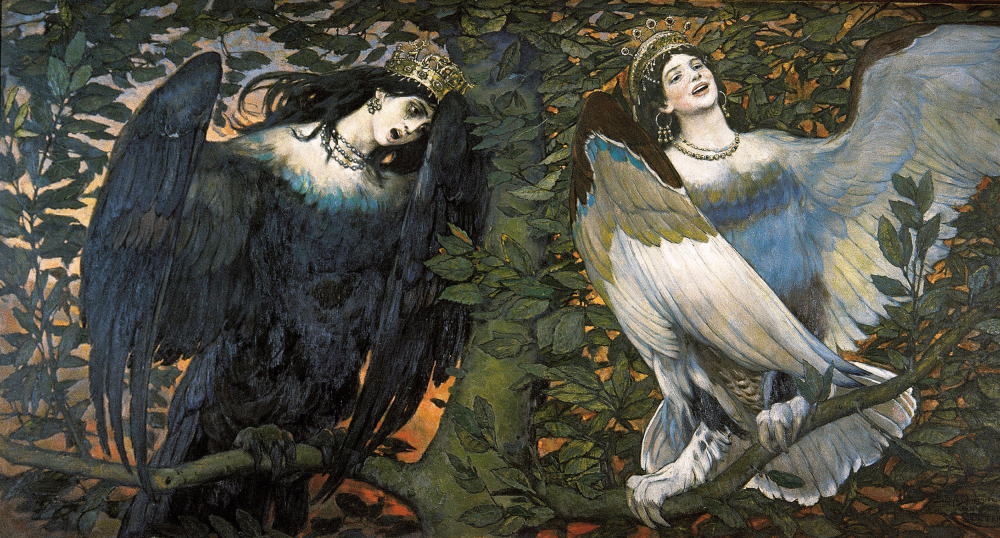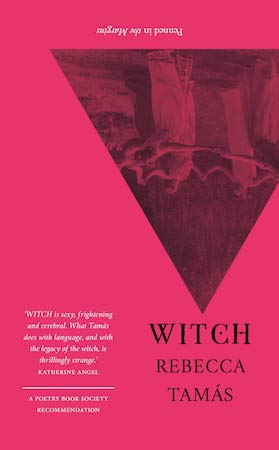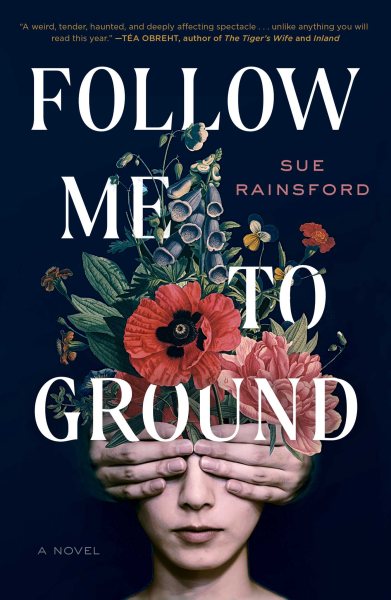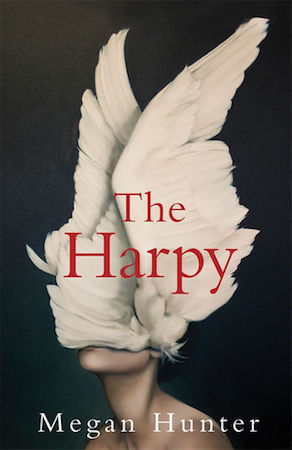Electric Lit relies on contributions from our readers to help make literature more exciting, relevant, and inclusive. Please support our work by becoming a member today, or making a one-time donation here.
.
When I was ten years old, the fairies won a court case. More precisely, Irish protestors successfully diverted a proposed new motorway route which would have destroyed an old “fairy” tree thus leading to countless fatalities on that particular stretch of road.
You hear a lot about Ireland’s relationship with the Church, but beyond Catholicism and Protestantism, there is another set of beliefs which, in some corners, still prevails; an older, stranger set of superstitions rooted in the land and the country’s pagan past.
I wanted to write a novel about what happens when these ancient ways clash with ideas of progress; when tradition and modernity come face to snarling face. I also wanted to write a novel set in rural Ireland that focused, not on the men whose stories tend to make up our canon, but on the women.
In The Butchers’ Blessing, a group of eight ritual slaughterers wander around Ireland, killing cattle according to an ancient custom. However, given it is 1996, belief in this archaic practice is dying out, generating a tension that eventually spills over into hostility and, ultimately, into unspeakable violence.
Rather than follow these eight men on their travels, the novel prioritises the wives and daughters they leave behind, exploring what the lore of the land might mean for them. So I turned to other books that combine feminism and folklore; books where uncanny tales are used to empower female voices (and, crucially, female bodies). Here are just eight of the weird and wonderful bunch:
Fen by Daisy Johnson
Daisy Johnson sets her sinister short stories in the East Anglian fenlands, a marshy landscape on the edge of everything where girls find themselves on the edge of womanhood. They also find themselves gorging on the flesh of men or starving their bodies until they turn into eels, becoming as slippery as this brilliant, boundary-shifting collection.
Witch by Rebecca Tamás
“the hex for a penis isn’t really all about / the penis”—so declares the opening poem in Rebecca Tamás’s debut collection, which is really all about the primal power of femininity. Fusing the occult with the ecological, these 21 poems follow the titular character over the course of history, casting an elaborate spell of sexual empowerment.
Icarus Girl by Helen Oyeyemi
From Cuban folklore in The Opposite House to fairy tales in Gingerbread and Boy, Snow, Bird, all of Oyeyemi’s books are somehow tangled with ancient stories. I recommend starting with her debut Icarus Girl, where eight-year-old Jessamy struggles to reconcile her British Nigerian identity, finding strange possibilities in the Yoruba myths of her mother’s homeland.
Follow Me to Ground by Sue Rainsford
In this deliciously dark and twisted eco-fable (written by an Irish author, but set in a nameless small town), Ada and her father are healers to whom the cynical yet grateful locals bring their various ailments. There is no cure, however, for the lust that is awakened when Ada encounters a boy named Samson and begins to claim agency over her own body, her own intimate desires.
A Girl is a Body of Water by Jennifer Nansubuga Makumbi
Having been abandoned by her mother as a baby, Kirabo now lives with her paternal grandparents in rural Uganda under the reign of Idi Amin. Desperate to figure out her role in the world, she turns to the local witch Nsuuta who introduces her to Ugandan folklore and reveals the “huge, strong, bold, loud, proud, brave, independent” potential that lies within all women, despite society’s attempts to keep it suppressed.
Her Body & Other Parties by Carmen Maria Machado
Combining fairy tale, fantasy and folk horror, Carmen Maria Machado’s wildly inventive collection offers a monstrous inventory of the different forms of violence and shame that can be exacted on women’s bodies. Yet, for all their darkness and political rage, these stories are shot through with a wonderful humor, a kind of irresistibly freewheeling gothic glee.
The Harpy by Megan Hunter
Megan Hunter’s premise is as bizarre as it is simple—Lucy’s husband has been unfaithful, so now in return, she is allowed to cause him pain exactly three times. As the mythic and domestic begin to merge, Lucy becomes increasingly obsessed with harpies—those classical creatures of revenge—until she undergoes a shocking metamorphosis of her own.
The Good People by Hannah Kent
Finishing back in Ireland—this time as written by an Australian—Kent’s second novel is just as atmospheric as her bewitching debut Burial Rites. Set in 19th-century County Kerry, Nóra, Mary, and Nance form an unlikely sisterhood, drawn together by ancient rituals and forgotten superstitions.









